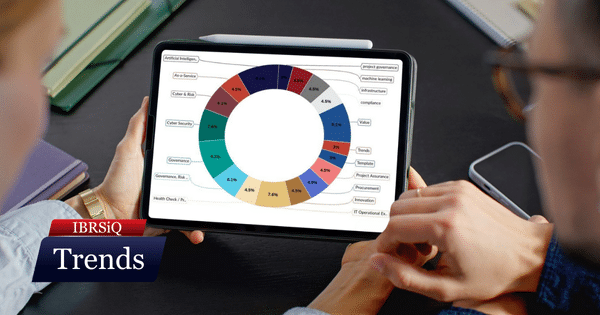
All Your AI Are Belong to US – Lessons From VENDORiQs in 2025
2025 showed real value comes from mastering business basics, cost control, and owning your data strategy.

2025 showed real value comes from mastering business basics, cost control, and owning your data strategy.

Gemini 3 boosts reasoning capabilities but costs soar. Adopt a mixed-model strategy, reserving it for complex tasks to manage spend.

ECI embeds AI into EvolutionX to streamline operations and fraud detection, favouring integrated simplicity over complex bolt-on solutions.

Leaders are prioritising operational optimisation and procurement, whilst navigating AI governance to future-proof their digital strategies.

Managing information where it lives, known as manage-in-place, requires understanding diverse technical architectures to select the right governance strategy.

StarCoder2, an open-access code LLM, offers customisation for enterprise development, but requires governance for DevOps integration.

A recap of important vendor announcements this month, such as a product launches, M&A, or changes in licensing agreements.

Lately, the big questions for CIOs have revolved around strategic ICT challenges, ensuring proper governance and maximum value from IT investments. The key trend is artificial intelligence (AI), with senior leaders keen to understand the AI landscape, including practical uses for generative AI, to guide investment decisions and ensure the new tools align with established principles

CustomGPT.ai’s new visual processing allows AI agents to incorporate images (diagrams, screenshots) as visual citations into responses, leveraging existing multimodal large language model (LLM) technology.